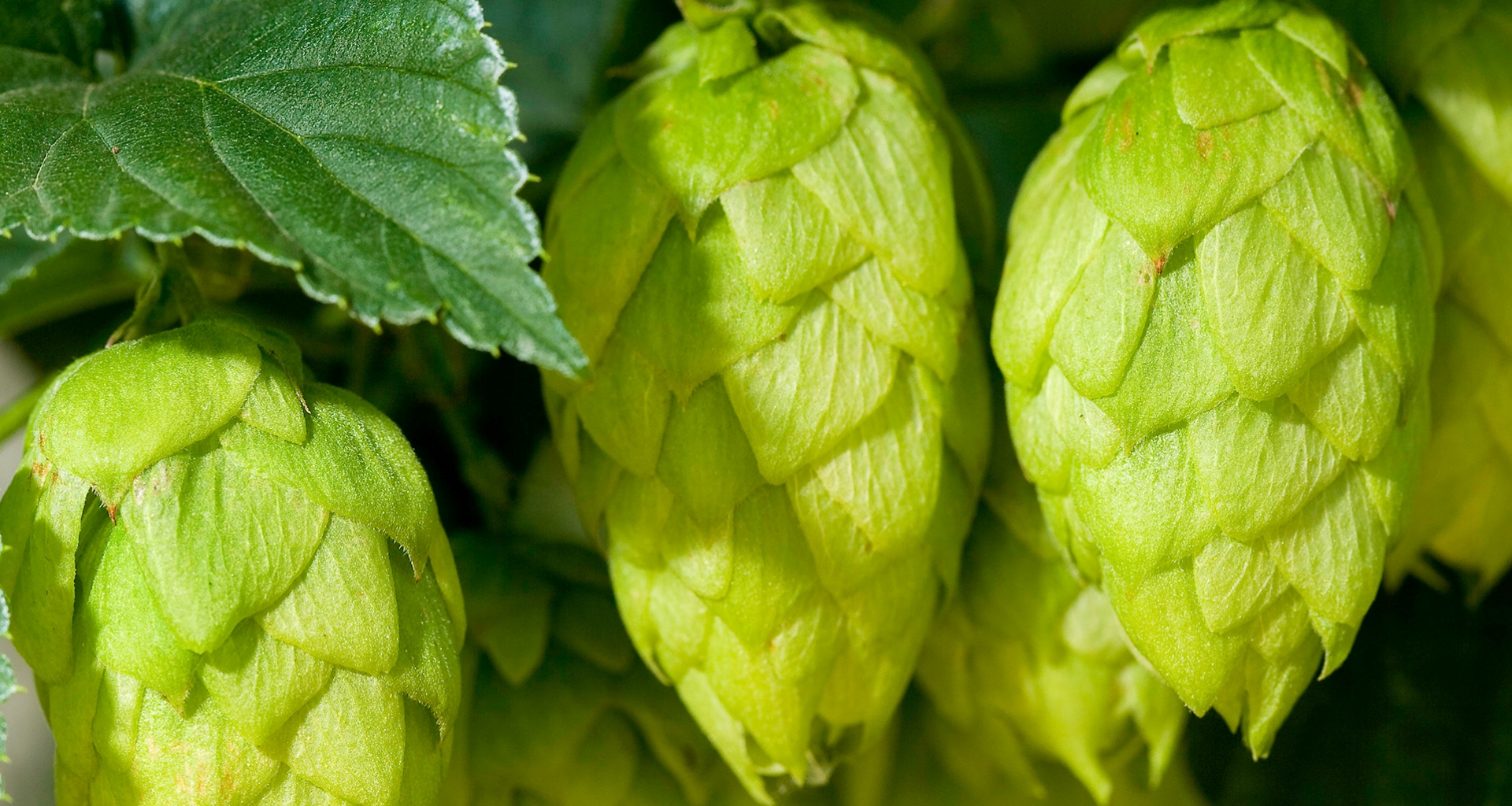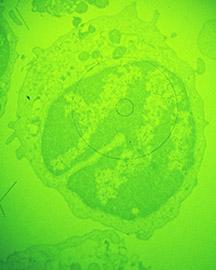Bovine Beer Belly? It’s Actually Better for Cows

Hops are normally too expensive to use in feed, but ARS researchers at the Forage-Animal Production Research Laboratory in Lexington, KY, found that hops that are too old for brewing beer, but still nutritious for cattle, may be available for coproduct development. New research has found that hops, an important ingredient in beer, may cause a cow to gain weight. Adding hops to feed also reduces overall cattle feed requirements, which decreases expenses for producers and helps the environment by reducing cow waste – and its resulting methane release, nitrogen loading, and ammonia runoff.
A natural compound in hops helps control gut bacteria that degrades protein in the rumen and releases ammonia that is eventually lost into the environment. The hop-assisted undegraded protein is now digestible, which increases the cow’s growth, so producers need to provide less feed. The availability of surplus hops varies, but oftentimes brewers use only half the amount of harvested hops. Adding surplus hops to cattle feed not only saves cattle producers money and helps the environment, but it could provide a value-added income source to hops farmers.




